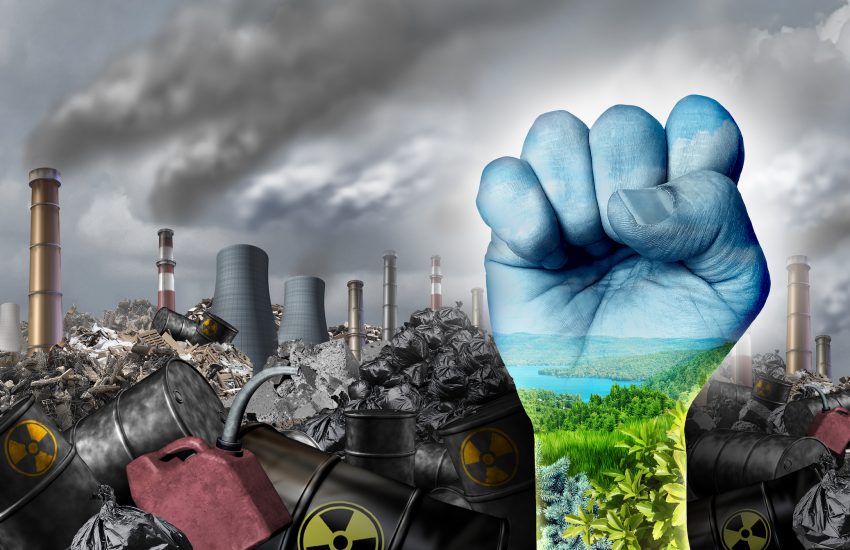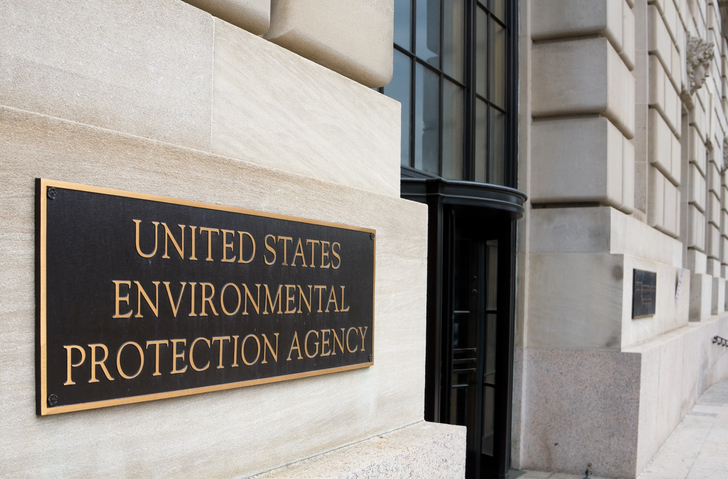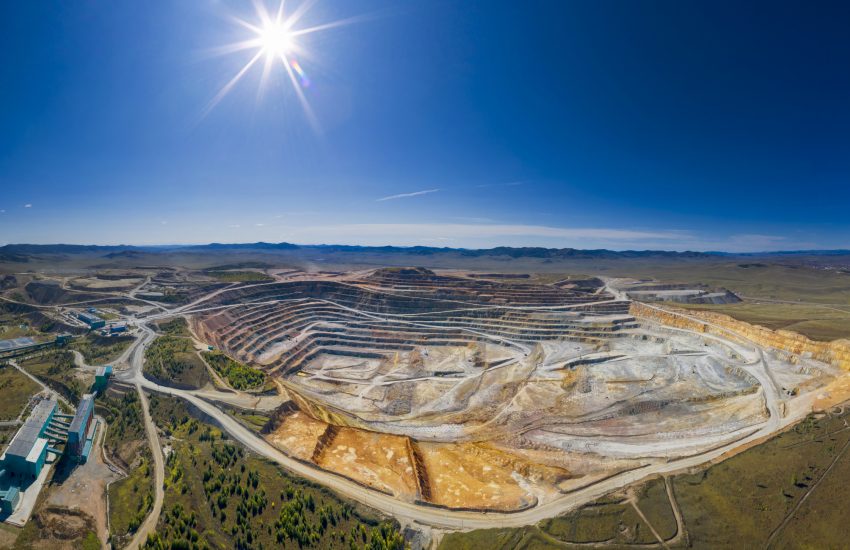Our blog recently reported on the first jury verdict concerning alleged ethylene oxide exposure and has previously reported a number of times here generally about ethylene oxide (EtO). Ethylene oxide is a gas commonly used to make other chemicals utilized in a variety of consumer and industrial goods, including fabric, detergents, medicines, and adhesives. It is used to sterilize medical devices and spices and to kill microorganisms in grains. EtO is a well-established sterilizing agent highly efficient at preventing bacteria from growing on, or within, products during …
Continue Reading









